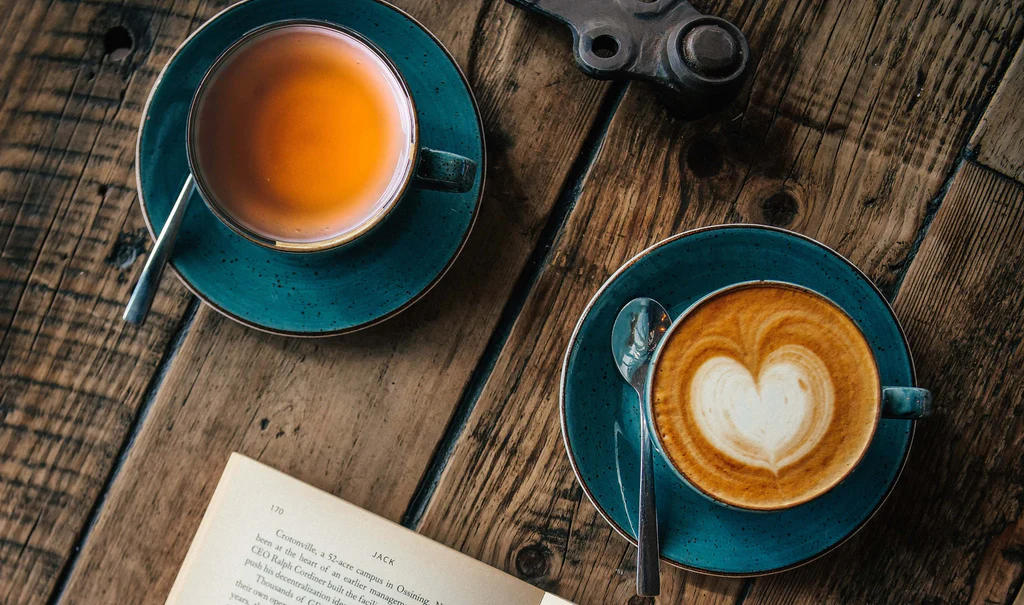Coffee vs. Tea: A Deeper Dive
Caffeine Content and Energy Boost:
- Coffee: Typically contains more caffeine, providing a stronger and faster energy boost. This can be beneficial for those needing to focus or stay alert, but it can also lead to jitters or anxiety.
- Tea: Contains less caffeine, offering a gentler and more sustained energy boost. This is ideal for those who want to avoid the potential side effects of high caffeine intake.
Flavor Profiles:
- Coffee: Offers a rich and complex flavor profile, with notes ranging from nutty and chocolatey to fruity and floral. This versatility allows for endless customization through different brewing methods, roasts, and additions like milk and sugar.
- Tea: Boasts a vast array of flavors and aromas, from the subtle sweetness of white tea to the bold, earthy notes of black tea. Herbal infusions offer a caffeine-free option with unique flavor profiles like peppermint, chamomile, and ginger.
Health Benefits:
- Coffee: Rich in antioxidants like chlorogenic acid, which may protect against cell damage and chronic diseases. Studies have linked coffee consumption to a reduced risk of type 2 diabetes, Parkinson’s disease, and certain types of cancer.
- Tea: Packed with antioxidants, particularly catechins, which may boost heart health, brain function, and immune system. Different types of tea offer specific benefits: green tea for weight management, black tea for bone health, and white tea for skin health.
Social and Cultural Significance:
- Coffee: Often associated with social gatherings and productivity, serving as a fuel for work, study, and creative pursuits. Coffee shops have become popular meeting places and hubs for social interaction.
- Tea: Holds a significant place in various cultures, often associated with relaxation, mindfulness, and social rituals. The tea ceremony in Japan and afternoon tea in England are examples of this cultural significance.

Choosing the Right Beverage:
Ultimately, the best choice between coffee and tea depends on individual preferences, health considerations, and desired effects. Here are some factors to consider:
- Caffeine sensitivity: If you’re sensitive to caffeine, tea might be a better option.
- Desired energy level: Coffee is ideal for a quick energy boost, while tea provides a more sustained and gentle effect.
- Flavor preferences: Explore the vast world of coffee and tea flavors to find what you enjoy most.
- Health goals: Consider the specific health benefits of each beverage based on your needs.
- Time of day: Enjoy coffee in the morning for a boost, and tea in the afternoon or evening for relaxation.
By understanding the nuances of each beverage, you can make an informed choice and enjoy the unique benefits of both coffee and tea.

1 comment
Hope it will be a nice battle between the tea lovers and coffee lovers!